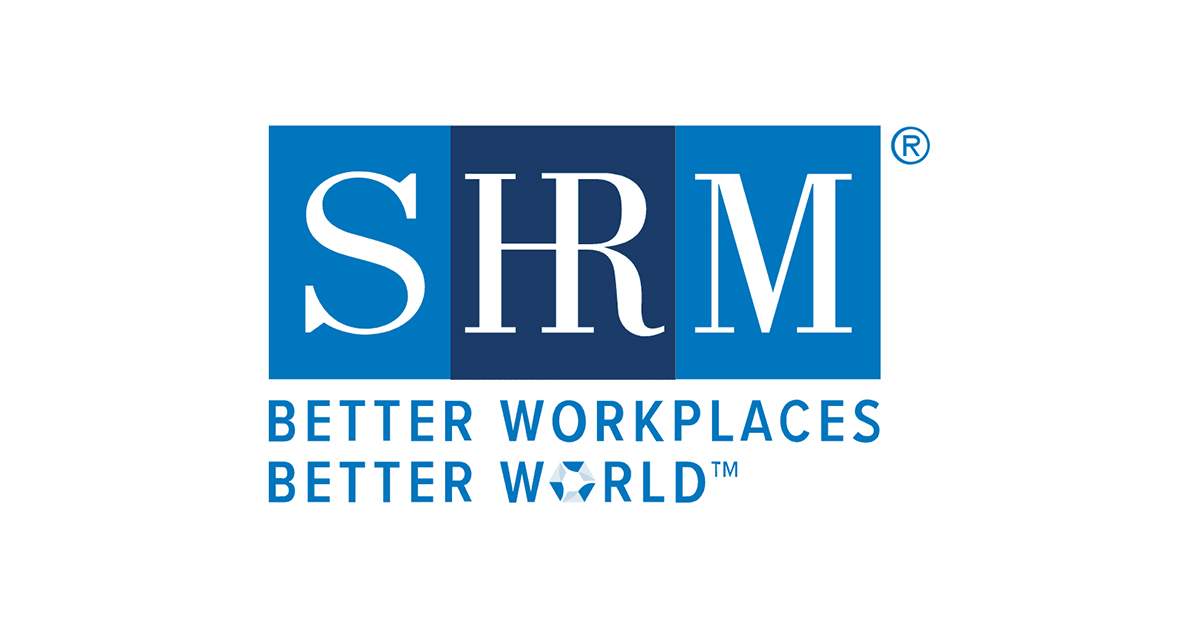One of the things we hear most from business leaders is that their organizations don’t have culture, mistreatment, or workplace behavior issues. Our response?
How do you know?
Just because your employees aren’t coming to you with complaints doesn’t mean nothing is happening. In fact, it could be just the opposite. Despite the growing awareness of various forms of harassment in the workplace, a staggering 75% of employees who experience unfairness at work never report it to management.
So, why don’t employees speak up? The answer is rarely simple, but below are some of the most common reasons why employees don’t come forward about workplace mistreatment, and what employers can do to promote safe workspaces.
They don’t think they’ll be taken seriously.
If it’s hard for you to imagine a workplace issue being considered anything other than serious, you’re not alone — especially for HR and people leaders. However, 39% of employees who experience workplace misconduct lack confidence that their issues will be addressed fairly or even taken seriously. For example, perhaps an organization has a reputation of “sweeping things under the rug,” or maybe employees have been witness to other situations where the problem was not addressed. To help employees feel confident in leadership, establish a culture of trust and transparency. Encourage employees to come forward and be open about your investigation process and how reports are handled.
They’re worried about repercussions.
Perhaps the biggest reason that workplace incidents go unreported is fear of retaliation by the perpetrator or organization. Many employees say they are afraid of one form of retribution or another, including:
- Receiving a demotion or losing their job
- Being unfairly labeled as “dramatic” or “difficult” etc
- Becoming alienated by peers
- Being transferred to another department or location
- Being denied future opportunities such as raises or promotions
This is heavy. Imagine being afraid of losing your job by doing the right thing and coming forward. It’s a tough place to be in – and one that no employee ever should be. If employees are fearful of any of the above, it speaks volumes about the organization’s culture. When employees are afraid to speak up, it translates into lack of safety within the workplace. Give employees a space to speak discreetly and safely, and the trust and loyalty will follow.
They feel partially responsible.
In some cases, an employee may feel like they could have done something to prevent the incident(s) from happening altogether. This can grow into feelings of guilt or shame, which could be all it takes to keep someone from speaking up. Send the message to employees that any feeling of confusion or discomfort is reason enough to come forward.
They don’t know how or who to report to.
Most employees have the general understanding that they can address work-related issues with their manager or HR. That said, knowing who within the department or how to present the concern may not always be so clear. Human Resources teams can be quite large —consisting of managers, directors, executives, vice presidents and other leadership roles. How can employees know who to reach out to? And what is the process for doing so? Should employees send an email, submit a formal statement or schedule a face-to-face meeting? Perhaps you have an HR reporting system like Speakfully where employees can voice concerns discreetly and be kept in the loop along the way. Whatever the case, a clear, transparent and simple process for employees to voice their concerns is vital.
They don’t know what they’re experiencing.
When it comes to workplace mistreatment, there is a lot of gray area. Sometimes an employee may not know exactly what they’re going through, or even know if what they’re experiencing is a reason to speak up. For example, words like harassment, discrimination and bullying can seem extreme, and one could easily decide what they’re experiencing doesn’t fall into those buckets. But what is it, then? This is where keeping a journal or ongoing documentation of experiences could help individuals process what they’re going through, and eventually feel comfortable presenting their concern(s) to HR or leadership teams.
Bottom line? If your employees aren’t coming to you, don’t assume it’s due to a flawless corporate culture. Instead, be curious and be proactive in your approach towards cultivating a company culture where everyone has a voice and feels safe being heard.
That’s where Speakfully can help. Whether it’s harassment, bullying, culture issues, bias or general concerns, navigating the workplace is anything but black and white. Speakfully decodes the gray areas and gives business leaders real-time insights into workplace culture. Click here to learn more about Speakfully or schedule a demo with a member of our team.



